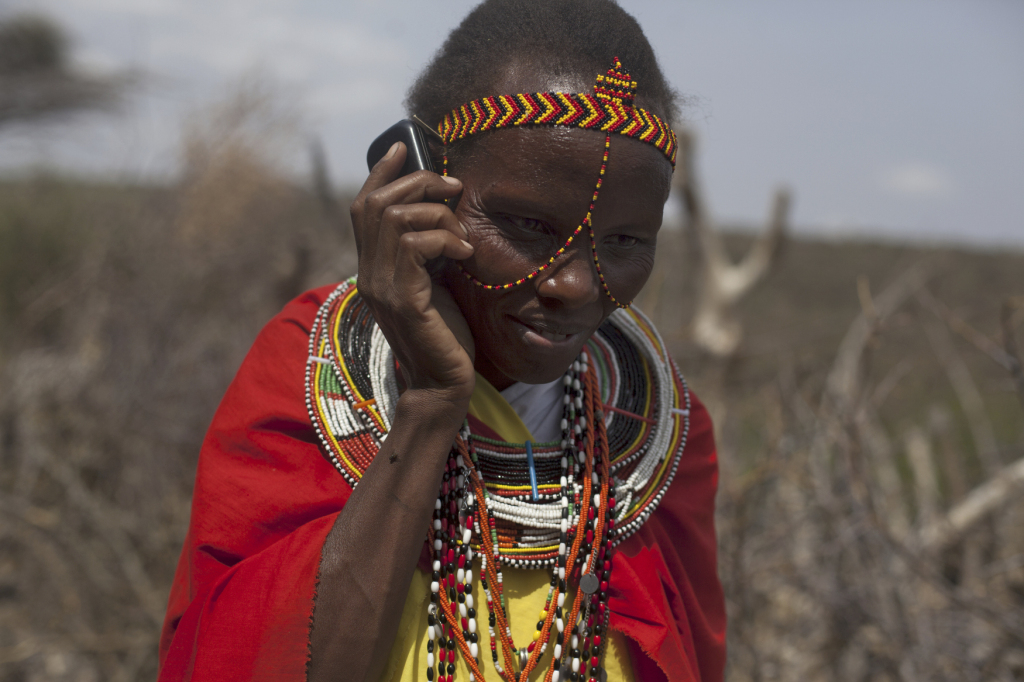The objective of GISF’s new project on communications technology and security risk management is to begin an important conversation towards a better understanding of the specific nature of the security threats created by the digital revolution, and the implications for the security risk management of humanitarian staff and programmes.

The first publication of this project, Communications Technology and Humanitarian Delivery: Challenges and Opportunities for Security Risk Management, brings together 17 authors who analyse in 11 articles how communications technology is changing the operational environment, the ways in which communications technology is creating new opportunities for humanitarian agencies to respond to emergencies, and the impact that new programmes have on how we manage security.
The articles contained in this publication are dispatches from a new frontline in humanitarian action: the digital frontier. All are written by those observing, experiencing and attempting to respond to the challenges created by the digital revolution and the very real threats it is creating for humanitarian operations, and exploring the potential of new tools to create a safer, more responsive operational environment for aid workers.
This project aims to begin a conversation and to engage the humanitarian community in a debate about the opportunities and challenges that communications technology brings for the security risk management of staff and programmes. Your participation is very important, and we are seeking contributions for future articles. We would love to hear your ideas!
Related:
World Humanitarian Day and ‘Aid in Danger’: a hard-look at violence against aid workers
The aid sector will be ‘celebrating’ the World Humanitarian Day with four level 3 emergencies. On a day that commemorates the bombing of the Canal Hotel in Baghdad we should be asking ourselves, do we need more humanitarian heroes, or do we need better responses (and better security-managed assistance) to…
New Briefing Paper: Security Risk Management and Religion
GISF new briefing paper Security Risk Management and Religion: Faith and secularism in humanitarian assistance examines the impact that religion has on security risk management for humanitarian agencies, and considers whether a better understanding of religion can improve the security of organisations and individuals in the field.
Event report: humanitarian action in fragile contexts
On Tuesday 8th July representatives from academia, INGOs, the private sector, journalists and other interested parties gathered at King’s College London to discuss key issues around new actors and the changing humanitarian space and how they will impact on security risk management (SRM). The focal point of the evening was…